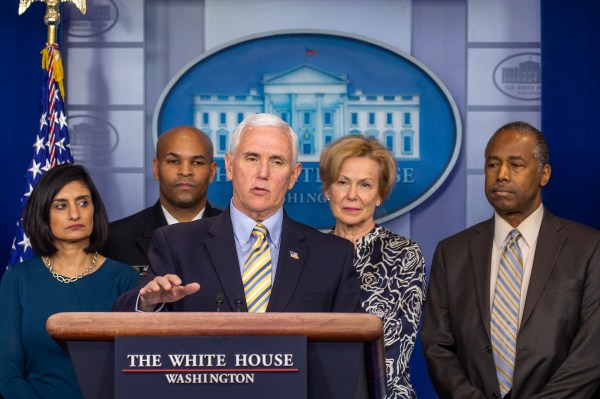
Saudi Aramco, the world’s largest oil company, said on Sunday that its profit last year fell more than 20 percent, primarily because of lower oil prices.
Still, Aramco, the national oil producer of Saudi Arabia, remains one of the world’s most profitable companies, earning a net income of $88.2 billion in 2019. A year before, it earned $111.1 billion.
The announcement comes as 2020 is shaping up as a miserable year for the oil industry. Crude prices have nearly halved as demand plummeted because of the spreading coronavirus epidemic. A standoff between Saudi Arabia and Russia on production limits has worsened the situation. Lower prices will most likely put further pressure on Aramco’s performance this year.
Brent crude, the international benchmark, now sells for about $33.25 a barrel, and some analysts say they believe it will dip lower as Russia and members of the Organization of the Petroleum Exporting Countries increase production while demand for oil sinks.
Saudi Aramco’s stock on Riyadh’s Tadawul exchange has been trading below 32 riyals (about $8.50) per share, the opening price in its initial public offering in December. On Sunday, the share price was about 28.70 riyals.
Aramco’s future results will probably continue to be heavily influenced by the policies of Saudi Arabia, its main owner. Having failed to agree with Russia on new production trims at a meeting on March 6 in Vienna, the Saudi government ordered Aramco to ramp up its sales and production. The company recently slashed the prices it was offering to customers for its crude in April.
Saudi Arabia’s de facto leader, Crown Prince Mohammed bin Salman, hopes to offset the drop in prices with a rise in exports. Low oil prices and the deteriorating global economy threaten to undermine the prince’s ambitious plan, known as Vision 2030, to diversify the Saudi economy away from oil.
Aramco said in its release that in response to price volatility it would most likely cut capital spending to between $25 billion and $30 billion for 2020 compared to $32.8 billion in 2019. At the same time, the company recently announced plans to increase production capacity by a million barrels a day to 13 million barrels a day as part of the saber-rattling with Russia. A production increase of that magnitude will most likely require large expenditures on drilling and other operations.
Aramco said the earnings decrease was primarily because of lower oil prices. It also produced less oil because of restrictions that were in effect with OPEC and Russia. The company said it had earned lower levels of profits in refining crude and making chemicals, and had taken a $1.6 billion write-down on Sadara Chemical, a $20 billion joint venture with Dow Chemical.
The statement noted that the company had rapidly restored production after aerial attacks on its facilities in September temporarily cut output by around half. In the release, the company’s chief executive, Amin H. Nasser, praised Aramco’s “agility and resilience.”
https://news.google.com/__i/rss/rd/articles/CBMiRGh0dHBzOi8vd3d3Lm55dGltZXMuY29tLzIwMjAvMDMvMTUvYnVzaW5lc3Mvc2F1ZGktYXJhbWNvLXByb2ZpdC5odG1s0gFIaHR0cHM6Ly93d3cubnl0aW1lcy5jb20vMjAyMC8wMy8xNS9idXNpbmVzcy9zYXVkaS1hcmFtY28tcHJvZml0LmFtcC5odG1s?oc=5
2020-03-15 15:21:52Z
52780663218705



